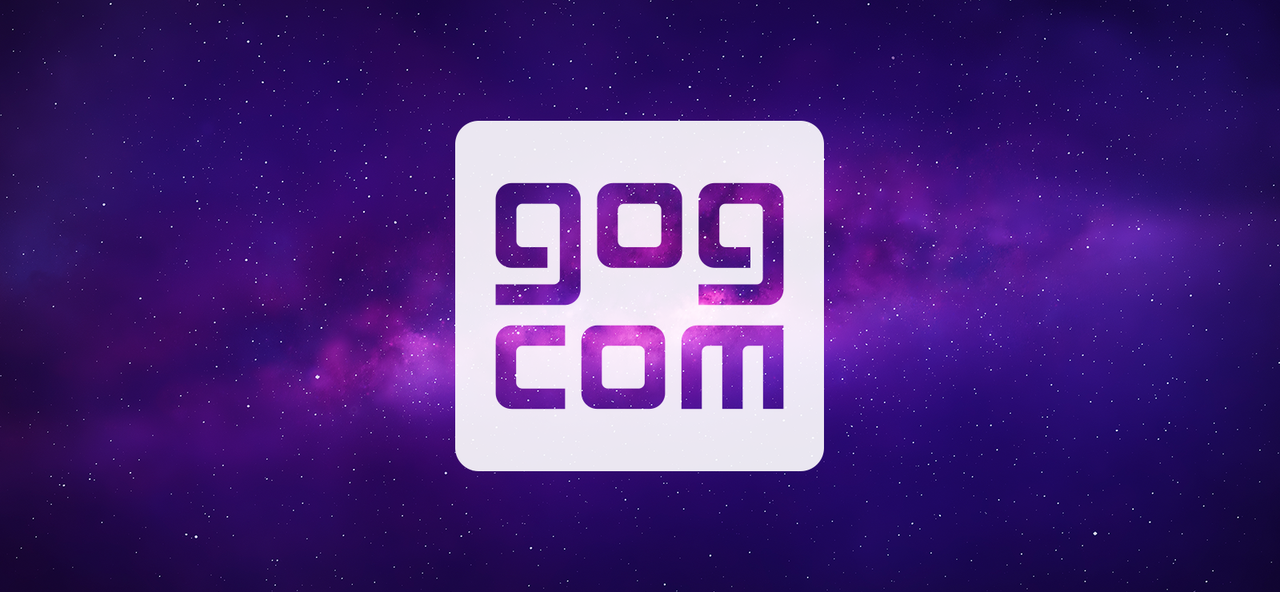It’s certainly not an absence of demand that keeps “dead” games like *Black & White* or the original *Civilization* off the market. More often, it’s red tape and nebulous barriers involving copyright law and intellectual property ownership that create headaches and stand in the way.
Even though GOG has a team dedicated full-time to its preservation program, senior business development manager Marcin Paczynski recently shared on *The Game Business Show* that the process of digital necromancy has been “harder than we thought it would be.” He added that the strange stories involved could easily fill a book, and shared some examples that make us eager to read that book.
One intriguing tidbit involved someone in the UK who had unwittingly inherited the rights to several games — but was “nowhere to be found.” Paczynski told *The Game Business*:
“He kind of fell off the grid, so we hired a guy in the UK who was supposed to find him. That was the type of person really living without any cell phone or online presence — just chilling. He didn’t even know that he owned the rights because it came as part of an inheritance package… We have a lot of stories like that.”
In the same interview, he mentioned a Vietnam veteran turned game developer turned business mogul behind a multimillion-dollar oil company, underscoring the unpredictable paths of rights ownership.
There are also more precarious stories, such as developers whose physical documentation of IP ownership was destroyed in a fire. The further back in time you go, the more game development relied on physical record-keeping — making preservation even more complicated.
And notably, all of these challenges come before you even tackle the technical hurdles: getting a game to function on modern machines, and keeping it that way.
https://www.pcgamer.com/games/just-in-case-you-thought-reviving-dead-games-seemed-easy-enough-gog-had-to-hire-a-private-investigator-to-find-an-ip-holder-living-off-the-grid-for-its-preservation-program/


